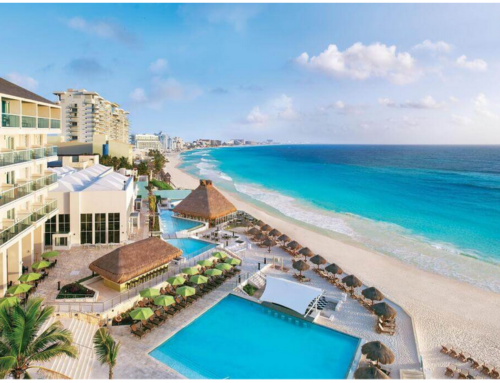Can You Travel To Australia If You Have a Record?

Can I travel to Australia with a criminal record?

Many foreigners find it surprising that they are asked about their criminal record when they apply for a visa to visit Australia. Does this mean that you cannot travel to the land of Oz if you have even a minor conviction on your criminal record? The answer is simple. You can travel to Australia with a criminal record, but you have to meet certain conditions. We’ll explain everything you need to know about Australia’s visa system and which type of visa you need to apply for.
What types of tourist visas does Australia have?
The fastest way to get your visa for Australia is to apply for the eVisitor (Subclass 651) visa. This can be done online, for free, by contacting the Department of Immigration and Border Protection. You can also opt for an ETA or Electronic Travel Authority (Subclass 601) visa from the Australian Visa Bureau. The visa is free, but if your travel agent or airline does this for you, you can expect to pay a $20 fee.
Both the eVisitor and the ETA visa grant you a three-month stay in Australia in the 12 months after it was granted. However, to qualify for any of the two you must not have a substantial criminal record.
Under Australian law, this means that you must not have on your record prison sentences totaling 12 months or more. To put it very simply, if you’ve had a minor conviction of, say, six months in prison, you can apply for an eVisitor or ETA visa.
However, you need to keep in mind that Australian law does not recognize concurrent sentences. If, for instance, you were convicted on two charges, for six months in prison each, to be served concurrently, and only spent six months in jail, you do not qualify for these types of visa. As far as the Australians are concerned you were sentenced to 12 months in prison and the actual time spent behind bars is irrelevant.
How to apply for a full tourist visa
If you have a 12 months or more sentence on your criminal record, you can still travel to Australia, but you should apply for a full tourist visa.
The Visitor (Subclass 600) visa can be obtained from the Home Affairs bureau, but since it involves a serious background check the whole process might take several months, so you need to take this into consideration when you make your travel plans.
As part of the background check you will be asked about your criminal record and might also be required to provide a police check issued by relevant authorities in your country of origin. When going through the national police check process for Australia, you will need to upload a number of identification documents as well as making a nominal payment which is usually around $49 AUD.
If you have a substantial criminal record, chances are you will get a visa if you are not considered a threat to Australian society. This is done on a case-by-case basis and it is up to the officer in charge of your case to determine whether or not you are a threat. You will also be asked to undergo a Character Assessment test to determine that. If you pass that you will probably get your visa.
However, there are certain types of convictions for which your application can be rejected. Any sexual offences against children, terrorist activities convictions and people or drug trafficking convictions are too serious, so if you have such convictions on your record you probably won’t get a visa.
In the unfortunate case that your application was rejected you have very limited means of appeal and you won’t be allowed into Australia.
What criminal convictions am I required to declare when travelling to Australia?
All criminal records that you may have must be declared to the Australian authorities when you are considering applying for an Australian tourist or work visa. No matter how minor, and regardless of how long ago the criminal conviction may have occurred.
An offence that is considered to be minor will likely not prevent you getting a visa for the purpose of travelling to Australia.
However you should note that lying about it could well result in you being refused a visa for now and in future as well. Any such failure to declare a criminal record which you may have, even if it is only a minor one, could end up meaning that you are denied entry into the country, even if you do have an existing visa to travel into Australia. It is considered to be very important that you are truthful about all such criminal records when asked about them.




